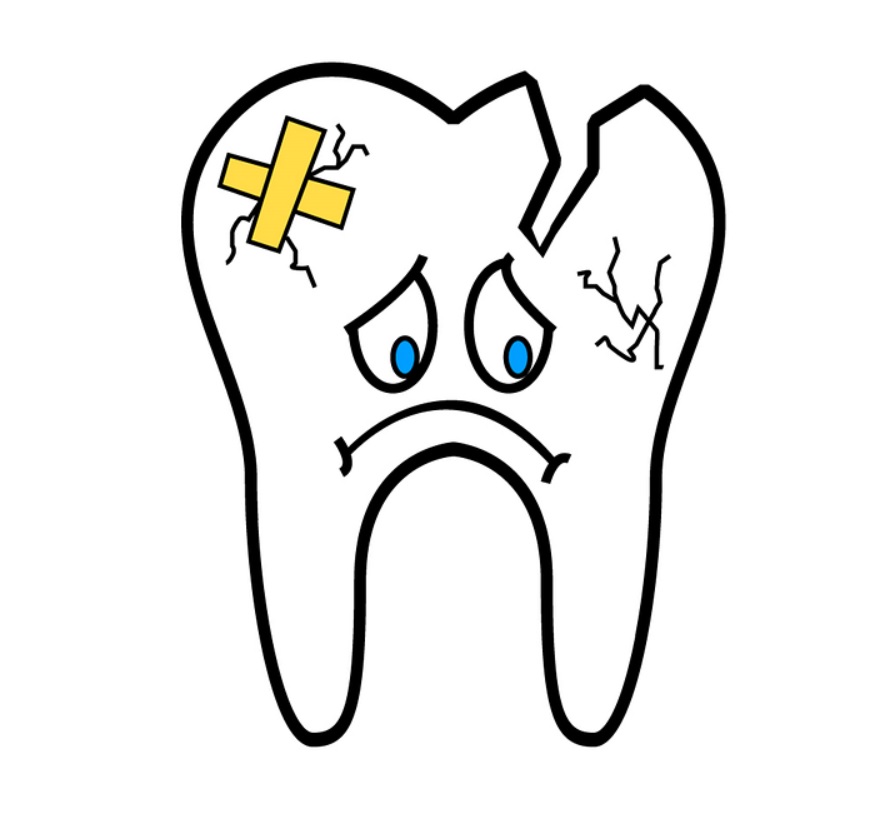A root canal is a kind of dental or endodontist treatment that can get rid of harmful bacteria from an infected root. This can prevent the root of the tooth from becoming infected again, and is one way to save a tooth, rather than having to get it removed. Root canals are a very common procedure. Here we look at everything you need to know if you are getting them.
What Happens During a Root Canal?
A root canal can make your teeth healthy again and, most importantly, relieve any pain you may be feeling from an infected root. To understand a root canal, you first have to know the anatomy of a tooth.
Your tooth consists of many parts, including the white enamel which you can see visibly on the outside of your tooth. There is also another hard layer on the surface of the tooth, called dentin. Beneath this, the tooth becomes a soft tissue, which is known as pulp. Pulp contains nerves, connective tissue, and blood vessels, all of which are responsible for growing the root. The pulp is the part of the tooth that is infected when you need a root canal.
Once your tooth is grown, it can live without the pulp, as it has other surrounding tissues that can give it everything it needs to stay healthy. During a root canal, the pulp that has been infected will be removed. If you also have any other infections, such as an abscess, this can be drained as well. (Source: https://247dental.com/root-canals-in-anderson-in/)

The Benefits of a Root Canal
There are many benefits of getting a root canal over removing the tooth, including:
- A more natural appearance
- Easier chewing
- A more comfortable sensation in the mouth
- Saving the tooth will protect your other teeth from strain or unnecessary wear
- Less expensive than removing the tooth
A root canal is mostly painless and very effective. Before you know it, you will be able to bite, chew, and smile without experiencing pain.
What Are the Signs I Need a Root Canal?
Root canals are often needed when your teeth become sensitive. This may be when eating or drinking hot or cold foods and drinks. You may also notice a sensitivity if you are breathing in the cold air on a winter’s day. Root canals are used when you have been diagnosed with a deep cavity, there are problems with a filling, or if you have cracked your tooth.
There are some signs that you may need a root canal, so look out for these and speak to your dentist straight away if you notice:
- Pimples on or around the gums
- Pain when trying to eat, speak, or smile
- A cracked or chipped tooth
- Tender, swollen gums
- Gums that seem to be getting darker in color
- Sensitivity to cold or heat
Will a Root Canal Hurt?
With all dental treatments like this, you will be given a medication that will numb the area where you are getting your root canal. Once this area is numbed sufficiently, you may feel a little discomfort while the dentist does their work. A root canal should never hurt. If you feel anything, speak to your dentist as they may need to use more medication to numb your mouth.
After the treatment, you may feel numb or sore, but this is completely normal. You can treat this with painkillers from your local pharmacy, such as Tylenol and Advil. You should also stick to a soft food diet to begin with, until you feel like you can chew without pain. Stay away from anything that is too hot or cold, as this may cause sensitivity until the tooth has healed.
How Much is a Root Canal?
Root canal treatments vary in price as it depends on how serious the issue is and which tooth needs treating. If you have other infections which are common with a root canal, such as an abscess, this will also need to be drained. If you have dental insurance, this should cover some of the costs. A root canal is usually less expensive than removing your tooth, as a removal of the tooth would also mean a replacement with a crown. For more information on costs, speak to your dentist.
Do I Need to Take Time off Work or School?
As a root canal is quite a common procedure and you may be able to return to work or school after your appointment. This will depend on your job, as your mouth will be numb for some time after the appointment, meaning you may not be able to work if you spend a lot of time talking. Speak to your dentist for advice about this.
Root canals are a generally pain free procedure, with patients experiencing a small amount of pain for a few days after treatment. This can be treated with painkillers and a soft food diet. If you think you need a root canal, seek dental advice straight away.
